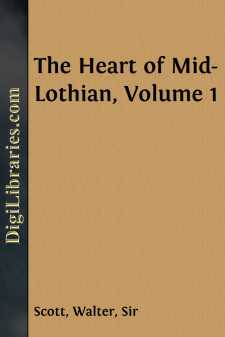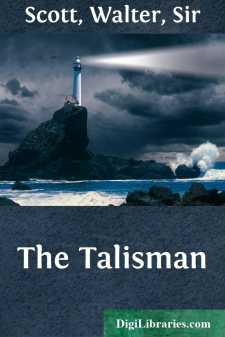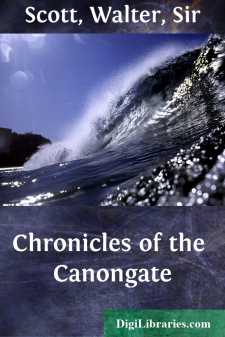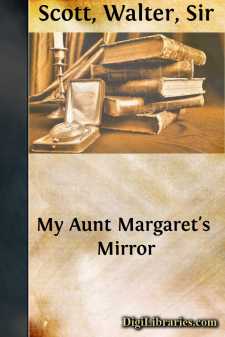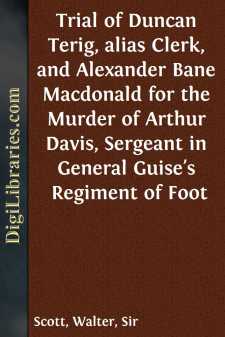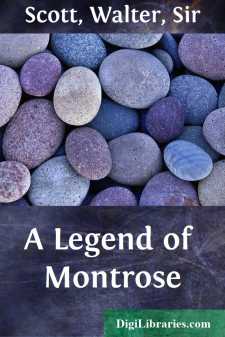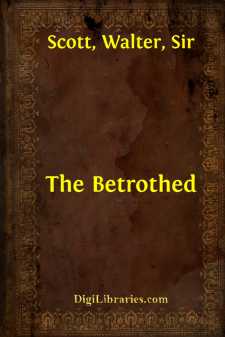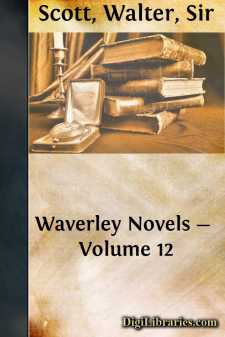Categories
- Antiques & Collectibles 13
- Architecture 36
- Art 48
- Bibles 22
- Biography & Autobiography 813
- Body, Mind & Spirit 142
- Business & Economics 28
- Children's Books 17
- Children's Fiction 14
- Computers 4
- Cooking 94
- Crafts & Hobbies 4
- Drama 346
- Education 46
- Family & Relationships 57
- Fiction 11829
- Games 19
- Gardening 17
- Health & Fitness 34
- History 1377
- House & Home 1
- Humor 147
- Juvenile Fiction 1873
- Juvenile Nonfiction 202
- Language Arts & Disciplines 88
- Law 16
- Literary Collections 686
- Literary Criticism 179
- Mathematics 13
- Medical 41
- Music 40
- Nature 179
- Non-Classifiable 1768
- Performing Arts 7
- Periodicals 1453
- Philosophy 64
- Photography 2
- Poetry 896
- Political Science 203
- Psychology 42
- Reference 154
- Religion 513
- Science 126
- Self-Help 84
- Social Science 81
- Sports & Recreation 34
- Study Aids 3
- Technology & Engineering 59
- Transportation 23
- Travel 463
- True Crime 29
Our website is made possible by displaying online advertisements to our visitors.
Please consider supporting us by disabling your ad blocker.
The Heart of Mid-Lothian, Volume 1
by: Walter Scott
Description:
Excerpt
CHAPTER FIRST.
Whoe'er's been at Paris must needs know the Gre've,
The fatal retreat of the unfortunate brave,
Where honour and justice most oddly contribute,
To ease heroes' pains by an halter and gibbet.
There death breaks the shackles which force had put on,
And the hangman completes what the judge but began;
There the squire of the poet, and knight of the post,
Find their pains no more baulked, and their hopes no more
crossed.
Prior.
In former times, England had her Tyburn, to which the devoted victims of justice were conducted in solemn procession up what is now called Oxford Street. In Edinburgh, a large open street, or rather oblong square, surrounded by high houses, called the Grassmarket, was used for the same melancholy purpose. It was not ill chosen for such a scene, being of considerable extent, and therefore fit to accommodate a great number of spectators, such as are usually assembled by this melancholy spectacle. On the other hand, few of the houses which surround it were, even in early times, inhabited by persons of fashion; so that those likely to be offended or over deeply affected by such unpleasant exhibitions were not in the way of having their quiet disturbed by them. The houses in the Grassmarket are, generally speaking, of a mean description; yet the place is not without some features of grandeur, being overhung by the southern side of the huge rock on which the Castle stands, and by the moss-grown battlements and turreted walls of that ancient fortress.
It was the custom, until within these thirty years or thereabouts, to use this esplanade for the scene of public executions. The fatal day was announced to the public by the appearance of a huge black gallows-tree towards the eastern end of the Grassmarket. This ill-omened apparition was of great height, with a scaffold surrounding it, and a double ladder placed against it, for the ascent of the unhappy criminal and executioner. As this apparatus was always arranged before dawn, it seemed as if the gallows had grown out of the earth in the course of one night, like the production of some foul demon; and I well remember the fright with which the schoolboys, when I was one of their number, used to regard these ominous signs of deadly preparation. On the night after the execution the gallows again disappeared, and was conveyed in silence and darkness to the place where it was usually deposited, which was one of the vaults under the Parliament House, or courts of justice. This mode of execution is now exchanged for one similar to that in front of Newgate,—with what beneficial effect is uncertain. The mental sufferings of the convict are indeed shortened. He no longer stalks between the attendant clergymen, dressed in his grave-clothes, through a considerable part of the city, looking like a moving and walking corpse, while yet an inhabitant of this world; but, as the ultimate purpose of punishment has in view the prevention of crimes, it may at least be doubted, whether, in abridging the melancholy ceremony, we have not in part diminished that appalling effect upon the spectators which is the useful end of all such inflictions, and in consideration of which alone, unless in very particular cases, capital sentences can be altogether justified....


